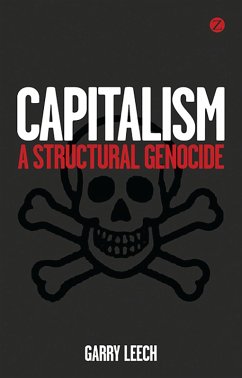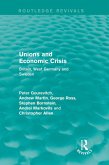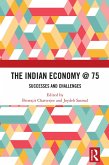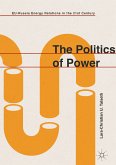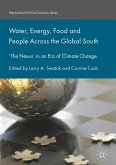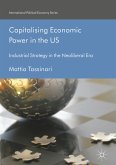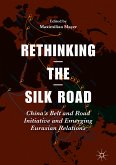In the wake of the global financial crisis, and ongoing savage government cuts across the world, Garry Leech addresses a pressing and necessary topic: the nature of contemporary capitalism, and how it inherently generates inequality and structural violence.
Drawing on a number of fascinating case studies from across the world - including the forced displacement of farmers in Mexico, farmer suicides in India, and deaths from preventable and treatable diseases in Sub-Saharan Africa, as well as the unsustainable exploitation of the planet's natural resources - Leech provocatively argues that global capitalism constitutes a form of genocide against the poor, particularly in the global South.
Essential and eye-opening the book questions the legitimacy of a system that inevitably results in such large-scale human suffering, while going beyond mere critique to offer a more egalitarian, democratic and sustainable global alternative.
Drawing on a number of fascinating case studies from across the world - including the forced displacement of farmers in Mexico, farmer suicides in India, and deaths from preventable and treatable diseases in Sub-Saharan Africa, as well as the unsustainable exploitation of the planet's natural resources - Leech provocatively argues that global capitalism constitutes a form of genocide against the poor, particularly in the global South.
Essential and eye-opening the book questions the legitimacy of a system that inevitably results in such large-scale human suffering, while going beyond mere critique to offer a more egalitarian, democratic and sustainable global alternative.

